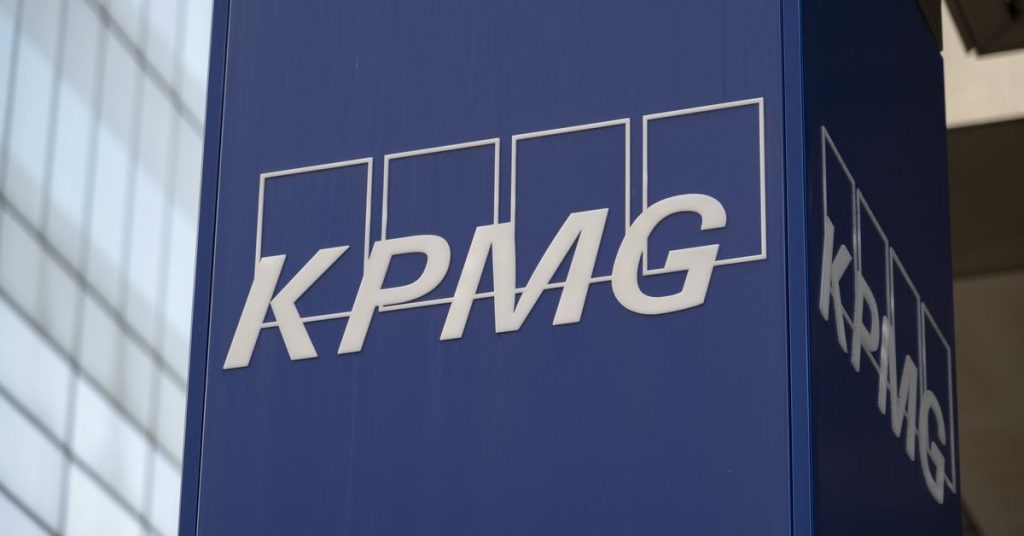KPMG’s 2025 ESG Assurance Maturity Index shows 76% of companies remain in early or mid-stages of ESG maturity, despite growing evidence of business value.
Market-driven momentum is strong: 60% of firms adopting ESG assurance expect greater market share, while 54% anticipate improved profitability.
A widening gap is emerging between leaders with strong board engagement and digital adoption, and beginners still building basic governance structures.
Global Survey of Corporate Leaders
KPMG International’s 2025 ESG Assurance Maturity Index suggests a shift in how companies view sustainability reporting. Once considered a compliance exercise, ESG assurance is increasingly seen as a tool for competitive advantage, trust-building and long-term resilience.
The Index draws on responses from 1,320 senior executives and board members across industries and regions, representing companies with average revenues of $16.8 billion. While enthusiasm is evident, overall readiness slipped marginally to 46.9 from last year’s 47.7, underscoring the impact of geopolitical uncertainty and shifting regulatory priorities.
Two years into the survey’s series, 76% of businesses are still in early or mid-maturity stages, reflecting slow progress in embedding ESG practices into core operations.
Leaders Pull Ahead
KPMG categorises companies into three groups: Leaders, Advancers and Beginners. Leaders – the top quartile – achieved an average score of 65.2, while Advancers reached 45.7 and Beginners trailed at 30.5.
Leaders are marked by strong board involvement, advanced use of digital tools and integrated ESG strategies. Beginners, by contrast, struggle with underdeveloped governance and data systems. This maturity gap is widening, with implications for competitiveness and investor confidence.
“ESG assurance is not a destination — it is a journey that demands courage, clarity and commitment,” said Scott Flynn, Global Head of Audit at KPMG International.

Market Momentum Beyond Mandates
Regulatory frameworks such as the EU’s Corporate Sustainability Reporting Directive (CSRD) are shaping corporate approaches, but KPMG’s survey indicates momentum is not solely compliance-driven. Nearly three-quarters of companies subject to CSRD Wave 1 requirements said their sustainability reporting plans remain unchanged despite regulatory ambiguity.
For many, ESG assurance is already delivering tangible returns:
60% expect increased market share or client base.
54% anticipate stronger profitability.
52% foresee reputational benefits.
Nearly half expect higher shareholder value and reduced costs.
“The data confirms what we’ve long believed — ESG assurance is not just about compliance, it’s about creating long-term value,” said Mike Shannon, KPMG’s Global Head of ESG Assurance.

Technology and Governance Drive Progress
Among Leaders, 95% of boards are actively identifying ESG risks and opportunities, and 89% are taking ESG-related actions. Digital adoption has surged in recent years: usage of ESG platforms rose 30 percentage points to 50%, ESG dashboards increased 27 points to 53%, and generative AI reached 16%, up from zero three years ago.
Yet operational integration remains limited. Only 5% of companies have ESG targets fully embedded across functions with monitoring and incentives attached. This exposes a gap between reporting frameworks and day-to-day execution.
RELATED ARTICLE: Singapore’s Top 100 Companies Lead Global Sustainability Reporting: KPMG Survey
“The overall lack of progress in operationalising targets is worrying,” said Neil Morris, Global Head of Assurance and ESG Methodology at KPMG International. “Sustainability goals must drive strategic change, not just reporting.”

Implications for Boards and Investors
For executives, the survey’s findings highlight both opportunity and risk. Companies embedding ESG assurance into governance and strategy are positioning themselves to capture market share and investor trust. Those lagging risk regulatory exposure, reputational damage and missed growth opportunities.
The global context adds urgency. With capital markets increasingly pricing climate and sustainability risks, the ability to demonstrate credible, assured ESG data is fast becoming a precondition for access to financing and investor confidence.
The Global Significance
KPMG’s Index suggests ESG assurance is shifting from a technical reporting exercise to a core pillar of corporate governance and market competitiveness. For global business leaders, the message is clear: assurance frameworks must be operationalised across value chains, not left as compliance artefacts.
As geopolitical and economic uncertainty persists, the companies that integrate ESG assurance into boardrooms, investment strategies and daily operations are likely to emerge stronger — not just in regulatory readiness, but in market resilience.
Read the KPMG ESG Assurance Maturity Index 2025.
Follow ESG News on LinkedIn

